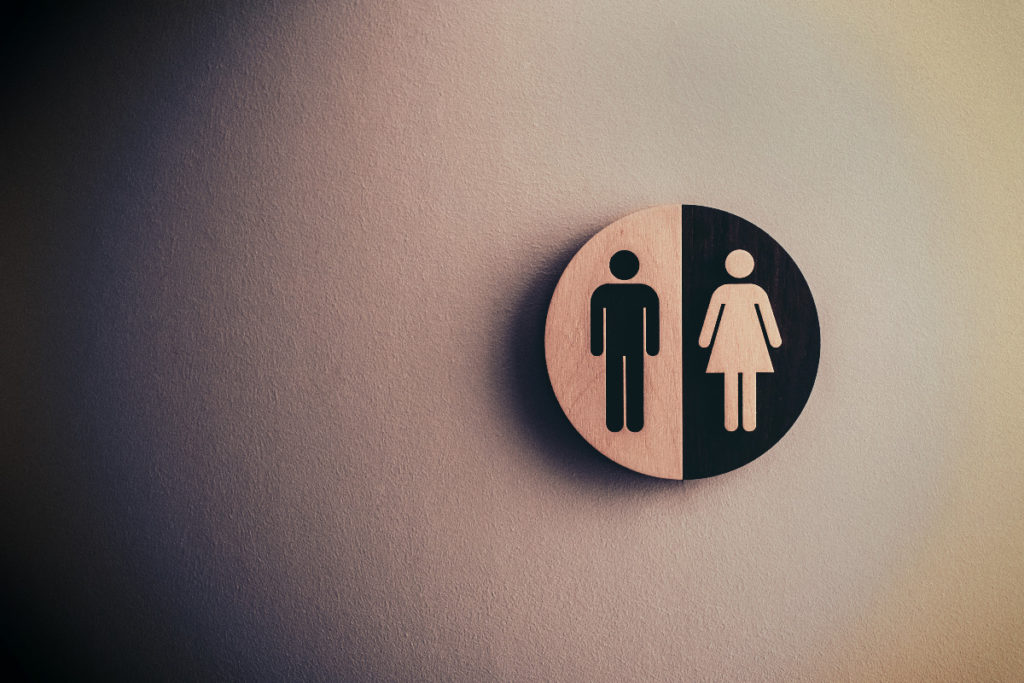As many individuals experience similar obstacles through recovery, men and women sometimes experience similar struggles that may arise from their gender. Learning about these potential biological factors can help you plan what coping mechanisms you can use if you face these struggles. It may also help you understand why your recovery journey may differ from the journeys of those around you.
Different Tolerance Levels
The progression of substance use disorder may be different for different genders. Women often tend to seek treatment after less use of a substance but seem to have greater effects from the substance use. Women tend to reach a level of dependence significantly sooner than men. This dependence often can lead to an early onset of addiction, explaining the severity of the substance becoming an issue.
Men tend to be able to handle the consumption of a higher amount of a substance before feeling the same effects. Although they can often go a longer period before experiencing severe consequences, the negative effects are still serious. In fact, the long-term dangers can be worse for men than for women depending on when treatment is sought. It is more common for men to avoid treatment or refuse to acknowledge that treatment is needed.
Nutrition and Weight Changes
Substance abuse that is continued due to the fear of gaining weight is more common among women. Smoking is a large problem in this aspect. Nicotine acts as an appetite suppressant, leading to possible weight loss. Quitting the use of nicotine can cause a drastic increase in appetite and lead to weight gain as a withdrawal side effect.
These weight concerns can also occur in men but are more commonly observed in women. Ensuring you are maintaining a healthy diet and caring for yourself during the withdrawal process of any substance is essential. Developing a positive body image is also important.
Treatment Options
Many individuals feel that women and men will recover more efficiently if they are placed within a treatment center specifically for their gender. The idea is that when people are working through recovery with others who have similar biological factors, their anticipation for each stage of recovery should be relatively more aligned.
As scientific studies have reviewed this theory, there has been no observed correlation between recovery success and working through the process with the same gender. There often is a greater level of support within female treatment groups, but the difference does not drastically affect the rate or likelihood of recovery. Having gender-separated treatment programs compared to coed treatment programs seems to have no consistent difference in rates of recovery.
Interpersonal Relationships
Women tend to engage in more interpersonal relationships, often strengthening their support system during recovery. Maintaining a healthy support system through recovery is extremely beneficial and can greatly influence you to succeed.
Men often struggle to make these connections during their time in treatment. It is common for all individuals to self-isolate during this stage, but men have a greater chance of engaging in this form of self-sabotage. Working to establish a strong support group while going through treatment can provide many benefits to your motivation levels to continue working toward your goals.
While the symptoms and effects of addiction may be experienced in different manners between men and women, they also can be altered in the recovery method. Because of the increased social abilities that many women have, they likely will not need much time to understand the problem and develop a solution. Having consistent peer support can help individuals work through obstacles in recovery.
Recovery
Relapse is an important aspect to be aware of during the process of recovery. Though relapse has not been shown to be more or less likely in one gender compared to another, some of the reasons behind relapses may be more likely to occur in one gender than the other.
Women tend to have more of a negative experience within treatment and throughout the process of recovery. This can be due to the release of hormones causing a struggle to regulate emotions. This negative mindset toward recovering can likely lead to a relapse if not properly addressed.
Men tend to have more of a positive experience during the treatment period. Relapses for men often stem from overconfidence in their ability to maintain sobriety. When a substance is present, especially when accompanied by peer pressure, men sometimes believe they are able to refrain from use. When in the situation, they may feel that they are justified to use the substance because of the occasion. With confidence that one more use will not affect their recovery, they believe that relapse is not a concern. However, even one use can set recovery progress back.
While every individual can experience their own challenges throughout recovery, men and women often experience variations in certain aspects of addiction and recovery. Tolerance levels are often lower for females, causing women to potentially reach a level of dependence sooner and seek treatment sooner than males typically do. Women tend to have stronger interpersonal relationships, while men are more likely to self-isolate. Women also have a greater chance of continuing to use a substance for the purpose of weight control. These statistics do not apply to every situation, of course. They only indicate that there is an increased chance for these aspects occurring with a specific gender. Understanding these differences can help you recognize aspects of addiction that you may need to focus on. To learn more about gender differences within addiction recovery, reach out to Dream Recovery by calling (949) 732-1960.

